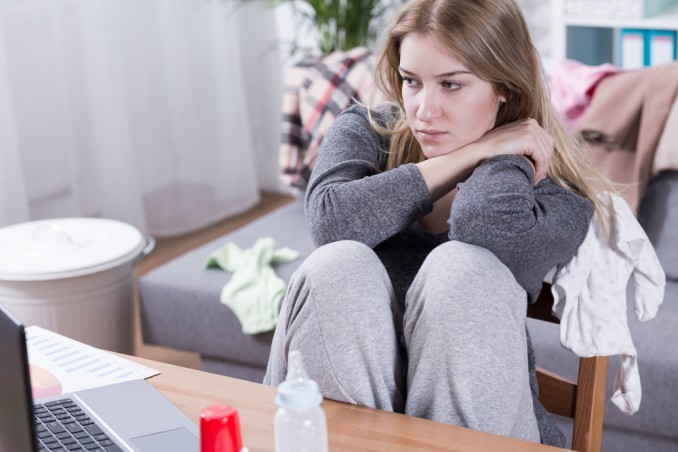Sadness, insomnia, weight gain are all symptoms of depression. How is it treated? Before doing therapy, you should check your diet. Sometimes not eating properly causes severe deficiencies that can lead to depressive states.
Depression is a pervasive mood disorder. Often it is caused by states of stress, hormones, or situations that have put a strain on your mind; other times, it is the consequence of a poor diet or a nutritional deficiency, specifically a vitamin deficiency.
Read also: Natural Remedies For Deep Wrinkles That Work
What Are The Vitamins That Promote Depression?
Vitamin B. This group of vitamins is significant for the body’s health, but it is also closely connected to mental health. A large percentage of depressed older women are found to be deficient in vitamin B. How is it taken with food? Consume green leafy vegetables, bananas, seafood, soy, bran, and red meat.

Folic acid. An average adult needs 400 mcg of folic acid per day. It has been found that people suffering from depression often do not reach this value. How to prevent a deficiency? Consuming green leafy vegetables and specially cooked beans and lentils, spinach, avocado, broccoli, and tropical fruits.
Also read: Botox: 4 Alternatives That Give Similar Results
Vitamin D. This substance is essential for bones and is synthesized by sunlight. However, in winter, when the sun is scarce and people stay indoors more often, depressive states also increase. Why? Vitamin D levels are lowered. Consume dairy products, fish, cod liver oil, tofu, and perhaps take a supplement.
Depression can also be caused by a lack of other substances such as omega 3 fatty acids, magnesium, zinc, selenium, iron, and amino acids (taken with a protein diet).
Adapted and translated by Wiki Avenue Staff
Sources: Donnad






